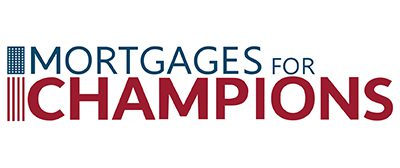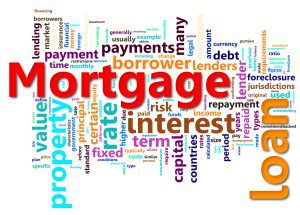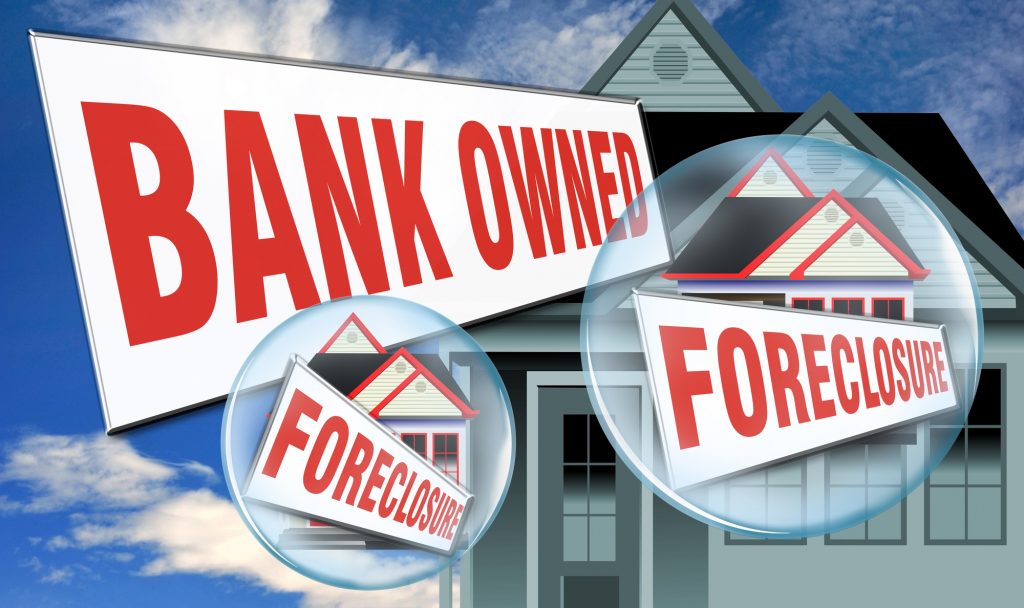How To Find The Best Mortgages For Teachers
The average teacher in the United States makes around $63,645 per year. While some teachers can make over $100,000 in
some private schools, most educators are not paid nearly as much as they deserve. This makes it difficult to afford a home nowadays.
This is why mortgages for teachers are so helpful as they help cut the red tape and costs associated with securing a mortgage for your home. These kinds of programs are designed to help our local heroes afford the home they deserve.
Interested in learning more about the best mortgages for teachers? You’ve found the right blog. Here’s everything you need to know about teacher loans and how to apply for one today.
What Does A Traditional Mortgage Look Like?
Mortgages are special credit products that help you buy a home. These credit facilities are underwritten by physical property, allowing you to pay off the loan over a long period of time.
Most mortgages are taken over a period of 20 to 30 years. This means that the total loan amount is calculated with interest and spread out over the entire loan period.
Affordability is one of the most important factors to consider when applying for a mortgage. Traditional lenders will look at your financial situation and analyze your income to determine how much you can comfortably afford.
A great rule of thumb to use to determine your personal affordability is the third rule. This basically states that your total mortgage payment, including the insurance and tax, should be no more than one-third of your total income.
What Are Mortgages for Teachers?
Mortgages for teachers are special mortgage programs designed to help teachers and educators buy a home. These credit programs reduce the red tape to allow teachers to save 2% to 3% when they get a mortgage for their property.
These programs offer a wide range of benefits and discounts to make homeownership more accessible and affordable. The program is only available to teachers and other individuals that work in the education field.
Mortgages for teachers differ from traditional mortgages in a number of different ways. This includes a streamlined application process and a ton of discounts to help you buy a home for you and your family.
What Are the Benefits of Home Loans for Teachers?
Teacher loans offer a wide range of benefits to educators wishing to buy a home. These benefits are both upfront and monthly throughout the term of the entire mortgage.
Educators who make use of these programs can save on their loan application fees, loan processing fees, underwriting fees, and various other admin fees. This helps reduce the upfront costs of buying a home and can actually save new homeowners around 2% to 3% on a new home.
In addition to these savings, educators can save on their mortgages by leveraging a lower interest rate for their loans. Even the smallest of savings in this department can add up to massive savings.
These programs are not just for single-family homes, but can also be used in apartments, condos, multi-family homes, and even second properties. This makes it perfect for educators wanting to buy their first home or expand their personal property portfolio.
One of the biggest financial challenges to consider when buying a home is the down payment. In most cases, traditional lenders will require you to put down 10% to 20% of the home’s value as a deposit. This usually means that teachers have to save up for years just to afford the down payment.
Teacher loans help make homeownership more accessible by allowing you to put down very little to no deposit. Teachers present documents and certificates to prove that they are qualified and registered so that they can qualify for the program.
Once this process is complete, they can finance up to 100% of their new home. Additionally, teachers and educators can refinance their homes up to 97% to get access to the equity they may have in their property.
Who Can Qualify for Educator Mortgages?
Teacher mortgages are designed for all kinds of teachers and educators. This includes teachers that may have retired as well. This program covers public school teachers, special school teachers, guidance counselors, librarians, athletic directors, and school nurses.
If you work in education and think you may qualify, feel free to reach out to us. Our team will gladly help find the right program for you.
How To Buy a Home with a Teacher Mortgage
Mortgages for teachers don’t just save you money, they can save you time as well. Here’s a quick guide to help you secure a teacher loan today.
Step 1: Apply for a Teacher Loan
The first step is to apply for a teacher loan. While you can apply after finding your dream home, many
advise getting pre-approved before you even start looking. Getting pre-approved can help guide your search and also save time once you find the home you want.
The pre-approval process will take your income into account to determine how much you can comfortably afford. This process also considers the amount of credit you already have to your name.
You can learn more about our services on our blog.
Step 2: Look For the Perfect Home
Once you have been pre-approved, the next step is to find your perfect home. There are tons of options available to find a home, including online marketplaces and even professional services such as real estate agents.
While you may think that real estate agents are expensive, they offer a wide range of services that make partnering with one well worth it. Real estate agents can help you look for a home as well as help you finalize the deal. They are expert negotiators, allowing you to even save money on your dream home.
Step 3: Do a Home Inspection
Once you find the home you want to buy, consider doing a home inspection. These home inspections are incredibly useful as they will uncover all the small things you may not have noticed around the house. This can help you value the house accurately and even use repair issues to lower the sales price of the property.
Professional home inspectors will take their time to look through the entire property for you. This includes the exterior and interior of the home. Home inspectors take a close look at the wiring, plumbing, and even the foundation of the home to make sure that you know what you’re buying before you sign off on the property.
If the inspector finds major defects or issues on the property, their report can help you during the negotiation phase. In most cases, the necessary repair costs can be deducted from the sales price, allowing you to get your dream home for a better price.
Step 4: Finalize The Purchase
After your inspection is complete, you can then finalize the purchase. This generally takes some time as you negotiate with the owner of the home for a suitable price. There is also a bit of admin to do and real estate agents can help you with that task.
Real estate agents can help you file the necessary documents on time so that the process can be as efficient as possible.
Step 5: Notify Everyone of Your Move
Last but not least, you can finally notify everyone of your new address. This part of the process is often forgotten, but is incredibly important. When moving, it’s advisable to notify your new utility providers a week before you move in.
This way, the power and water will be sorted well before you make your move. The last thing anyone wants is to move into a home with no power or hot water. In addition to this, be sure to change your address for any mail subscriptions you may have.
You can also let your local post office know of your new address so that they can forward any mail you receive to your new place.
Mortgages for Champions: The Best Loans for Teachers
Educator mortgages are designed to make mortgages and home loans more accessible to teachers and educators. These programs recognize the value of teachers and are aimed at helping them afford the home of their dreams.
Interested in getting started? Get a risk-free mortgage quote here to see how much you can save by getting a teacher loan with Mortgages for Champions.
If you want to learn more about mortgages for teachers, don’t hesitate to reach out to us. You can find tons of information about us and our services on our website.
Additional Articles – https://www.mortgagesforchampions.com/home-loans-for-teachers/ — https://www.mortgagesforchampions.com/teachers-our-every-day-heroes/ — https://www.mortgagesforchampions.com/our-champions/mortgagesforteachers/ — https://www.mortgagesforchampions.com/mortgages-for-champions-teachers-get-better-loans/ — https://www.mortgagesforchampions.com/





















 As with any mortgage, your credit score can have a big impact on your rates and eligibility. To get the best rates, a credit score of at least 720 is preferred, but don’t worry if yours doesn’t quite measure up. Even if your score is under 700, you may still be qualified for a physician loan.
As with any mortgage, your credit score can have a big impact on your rates and eligibility. To get the best rates, a credit score of at least 720 is preferred, but don’t worry if yours doesn’t quite measure up. Even if your score is under 700, you may still be qualified for a physician loan.  Essentially, your DTI is your monthly debt compared to your monthly gross income; in other words: what percentage of your income do you spend on debt?
Essentially, your DTI is your monthly debt compared to your monthly gross income; in other words: what percentage of your income do you spend on debt?
 Loans
Loans




